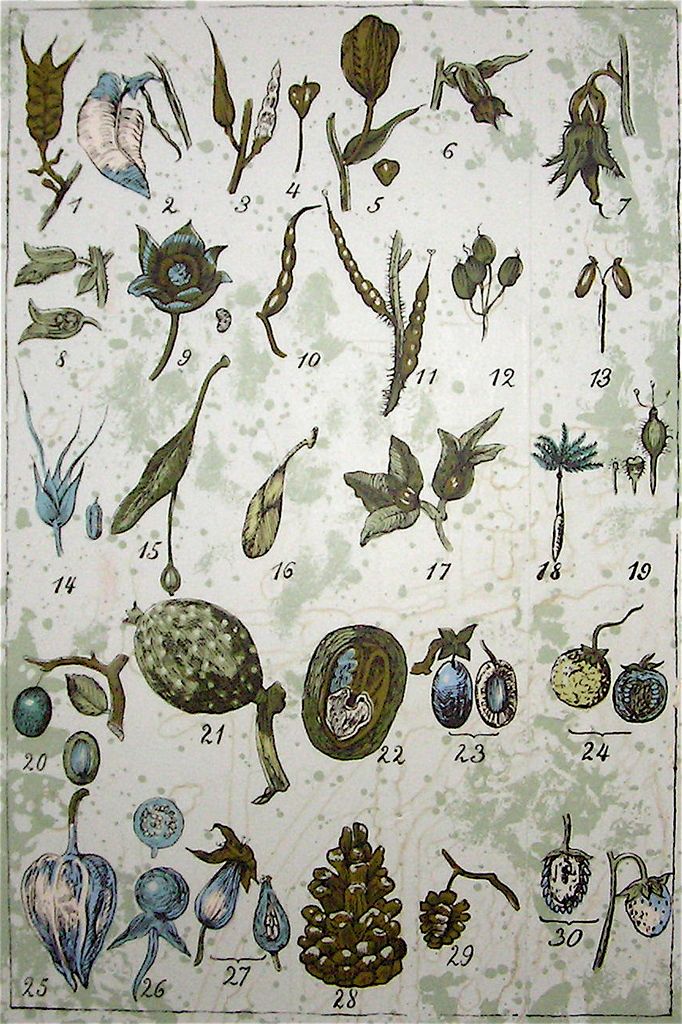Debate over Organ Donation: Merits of Voluntary versus Presumed Consent Approach
Organ donation policies worldwide show a striking variety, leaving us wondering which approach – opt-in or opt-out – reigns supreme. Researchers hailing from the UK decided to settle this debate by analyzing the organ donation practices of 48 nations over a 13-year span.
In an opt-in system, individuals must actively sign up to a registry, consenting to organ donation following their demise. Conversely, opt-out systems automatically donate organs unless a specific request is made to not do so beforehand.
Prof. Eamonn Ferguson, the study's lead author from the University of Nottingham, UK, acknowledges that both systems are reliant on individual decisions, which can lead to drawbacks such as inaction due to loss aversion, lack of effort, and a belief that policymakers have made the correct decisions.
Inaction within an opt-in system can result in individuals who would want to donate unintentionally not donating (a false negative), whereas inaction in an opt-out system could potentially lead to an individual who doesn't wish to donate inadvertently becoming a donor (a false positive).
The US currently utilizes an opt-in system. Last year, 28,000 transplants were made possible due to organ donors, with around 79 individuals receiving organ transplants every day. Regrettably, approximately 18 people die daily due to an insufficient supply of donated organs.
The researchers analyzed the organ donation systems of 48 countries, with 23 using opt-in systems and 25 employing opt-out systems. They discovered that countries operating under opt-out systems had higher total numbers of kidneys donated – an organ that most urgently sought for recipients on transplant lists. Additionally, opt-out systems boasted higher overall organ transplant numbers.
However, opt-in systems showed a higher rate of kidney donations from living donors. This influence that policy had on living donation rates, according to Prof. Ferguson, has yet to be reported before, and warrants attention.
The authors caution that their study was limited in that it didn't distinguish between degrees of opt-out legislation, with some countries requiring permissions from next-of-kin for organ donations. Furthermore, the observational nature of the study means that other factors that may impact organ donation remained unassessed.
The researchers suggest that their findings, published in BMC Medicine, may be used in the future to guide policy decisions. They propose that collecting international organ donation information – including consent type, procurement procedures, and hospital bed availability – should be standard practice and made publicly available.
Moving forward, Prof. Ferguson suggests that future studies should delve deeper into the perspectives and beliefs of those making the decision to opt in or opt out.
The authors note that countries employing opt-out consent still experience organ donor shortages, suggesting that completely overhauling the system may not solve such an issue. Instead, they propose that reforming consent legislation or adopting elements of the "Spanish Model" could potentially boost donor rates.
Spain currently boasts the highest organ donation rate globally. Experts attribute Spain's success to measures such as a transplant co-ordination network encompassing both local and national operations, and improved public information regarding organ donation.
Recent debate surrounds the possibility of farming animal organs for human transplants as a potential solution to the organ shortage. However, mitigating this issue could be better addressed through adjustments to organ donation policy rather than relying on animal organ transplants.
Sources:
- Organ donors and transplants in the U.S.
- OrganDonor.gov
- Organ Donation: Matching Supply and Demand
- Volume: 11, Issue: 1, Organ donation legislation and rates: a comparative analysis
- The study conducted by researchers from the UK, published in BMC Medicine, proposes that standardizing the collection of international organ donation information, including consent type and hospital bed availability, could aid in guiding future policy decisions.
- Prof. Eamonn Ferguson, the study's lead author, recommends that future research delve deeper into understanding the perspectives and beliefs of those deciding to opt in or opt out of organ donation, to further inform policy-making.
- Despite implementing opt-out consent policies, some countries still experience organ donor shortages, suggesting that complete system overhauls might not exclusively solve this issue. Alternatively, reforming consent legislation or incorporating aspects of the "Spanish Model" might potentially boost donor rates.
- The authors of the study acknowledge that science and medical advancements, such as the development of Paxlovid for treating COVID-19, are crucial in addressing health-and-wellness concerns, but they emphasize that adjustments to organ donation policy could be a more effective means of alleviating the organ shortage.








